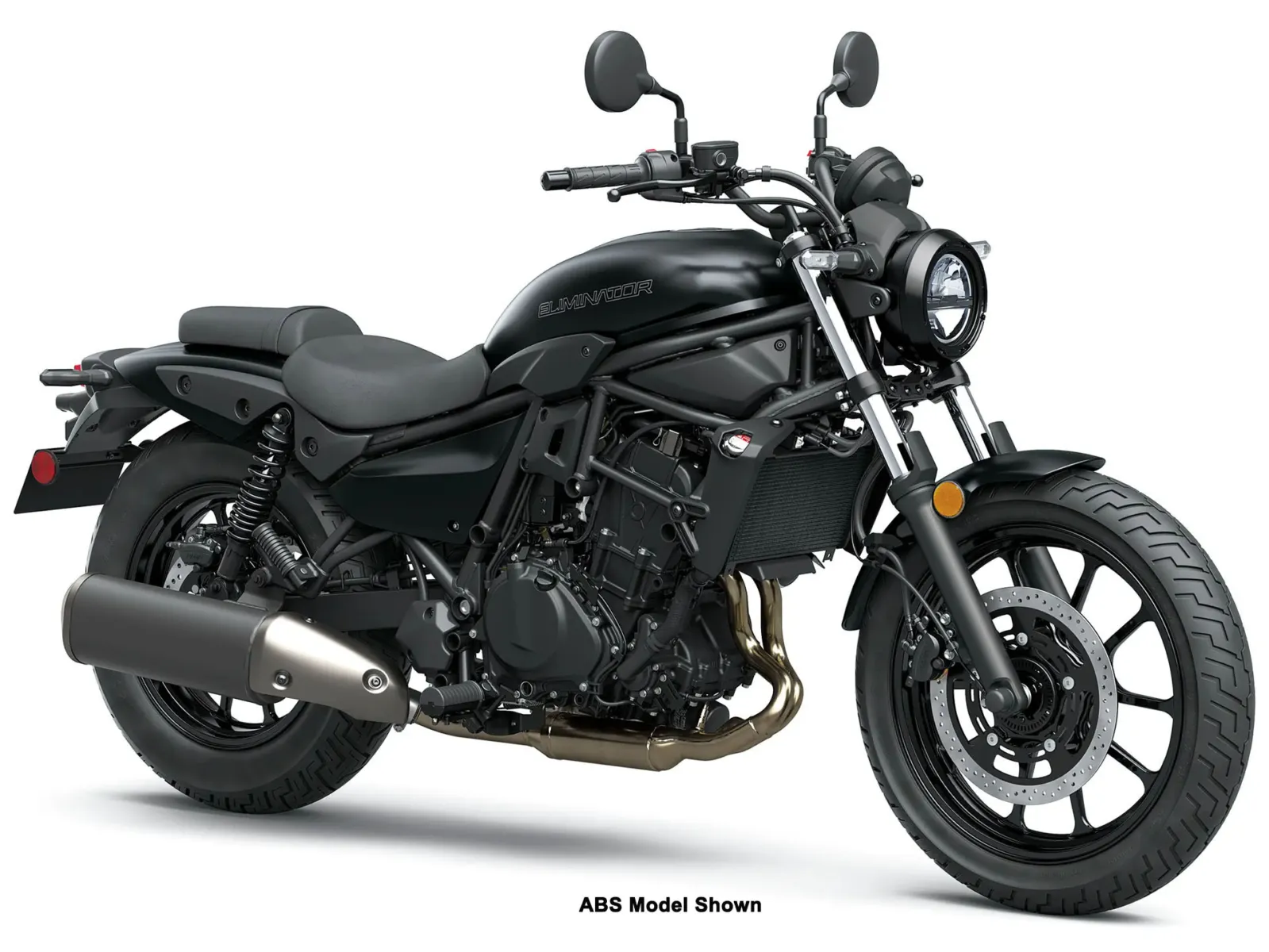How To Transfer A Motorcycle Title in Texas
Table of Contents
- How To Transfer A Motorcycle Title in Texas
- How To Transfer a Motorcycle Title In Texas-Step-by-Step Process
- Documents Needed
- Understanding When You Need to Transfer Motorcycle Ownership
- Do You Need a Witness?
- Texas Motorcycle Bill Of Sale
- Fees and Costs
- How To Transfer The Insurance
- How To Transfer A Motorcycle Title In Texas Conclusion

How To Transfer A Motorcycle Title in Texas
If you’re like most people, dealing with car titles and registrations is never something to look forward to. It can feel so complicated with so much red tape to work through. Understanding how to transfer a motorcycle title in Texas might seem like a daunting task, but knowing the proper steps and what documents to have ready can really remove the stress factor. Having a good idea of what to expect can make your motorcycle title transfer go as smoothly and quickly as possible.
How To Transfer a Motorcycle Title In Texas-Step-by-Step Process
1. Verify the motorcycle has a clear title – Before doing anything else, make sure the title is free of liens. If the previous owner still owes money on the bike, you’ll need a lien release from their lender. This ensures there won’t be any surprises later that could complicate your ownership.
2. Complete the Application for Texas Title and Registration (Form 130-U) – Fill this form out carefully with all the correct information about you and the motorcycle. Mistakes here can slow down the process, so double-check VIN numbers, names, and addresses.
3. Make sure the seller has signed the title – The seller’s signature is critical. Without it, the county won’t process the transfer. Make sure they sign in all required sections, including the assignment of ownership, so the transfer is official.
4. Gather supporting documents – Bring along any additional paperwork and documents that are required. We’ve compiled a list of what you need later in this article.
5. Visit your local County Tax Assessor-Collector’s office – The title transfer must be done in person, so head to the office with all your documents and the completed forms. Some counties let you make an appointment online, which we highly recommend. This way, you can avoid the dreaded waiting game.
6. Pay all applicable fees – Be ready to cover the title transfer fee, sales tax, registration fee, and any extra county charges.
7. Receive your new Texas title and registration – After submitting everything, the office will process your application. You’ll get your registration right away, and the official Texas title will arrive in the mail in a few weeks. Once it’s in your hands, you’re officially the legal owner.
Documents Needed
It’s easy to get a little heated when you show up and wait in line for hours at your local County Tax Assessor-Collector’s office or DMV, only to discover you don’t have all the necessary paperwork. We’ve compiled a list of everything you’ll need so you can show up with confidence:
● Original Texas title signed by the seller
● Application for Texas Title and/or Registration (Form 130-U)
● Valid government-issued ID (driver’s license or state ID)
● Proof of motorcycle insurance
● Payment for title transfer fees and applicable taxes
● Vehicle inspection report (if required for registration)
● Odometer disclosure statement (for motorcycles less than 10 years old)
● Bill of sale (recommended, especially for private sales)
● Power of attorney (if someone else is handling the transfer for you)
Understanding When You Need to Transfer Motorcycle Ownership
Basically, motorcycle ownership transfer is required anytime the legal ownership of the bike changes hands. Ownership transfers happen much more often than just when buying from a dealership. It makes the state aware of who is responsible for registration, insurance, and liability. Without updating the title, the previous owner could still be tied to tickets, accidents, or other legal issues.
This applies when you give or receive a motorcycle as a gift, sell one to another person, or purchase a used bike. Even if no money changes hands, like in a gift, the title needs to be updated to reflect the new owner. When selling or buying a used motorcycle, the transfer makes sure the new owner is officially responsible for the bike and can register and insure it properly. Ownership transfers are also required when a bike is written off by insurance, sold for salvage, inherited, or part of a court-ordered settlement.
Do You Need a Witness?
For a standard motorcycle title transfer in Texas, you do NOT need a witness. The main requirement is that the seller signs the title, and that signature only needs to be notarized in cases such as out-of-state titles or if there’s a lien. For most private sales, the seller signs the back of the title, then the buyer completes the Application for Texas Title and Registration. No witness is required.
Texas Motorcycle Bill Of Sale
A motorcycle bill of sale is a written record that shows the sale of the bike from the seller to the buyer. It generally includes details like the buyer and seller’s names, the motorcycle’s make, model, year, VIN, the sale price, and the date of the sale. Think of it as proof that the transaction actually happened.
A bill of sale isn’t always required to transfer a motorcycle title in the state of Texas, but it’s highly recommended. It protects both the buyer and the seller in case any questions or disputes come up later. For example, if there’s a disagreement about the price or ownership. It’s also very useful for private sales, out-of-state motorcycles, or if the title doesn’t have enough space for all the information. Even though it’s not a strict requirement, having a bill of sale can make the whole process smoother and give you extra peace of mind when it comes to large purchases.
Fees and Costs
As you might expect, there are several fees you’ll need to be aware of before you start the process of transferring your motorcycle title in Texas. None of them is huge, but they can add up fast. Below is a list of all fees and costs:
● Title application fee, usually around $33
● Sales tax, 6.25% of the purchase price or the standard presumptive value
● Registration fee, ranging from $30 to $150 depending on the motorcycle’s weight and the County
● Additional county fees, which may include processing, specialty plates, or handling out-of-state paperwork
How To Transfer The Insurance
This step is an easy one to overlook, and really does need to be a priority. Transferring your motorcycle insurance is an important step whenever you buy a new bike. You’ll need to contact your insurance company to either add the new motorcycle to your existing policy or set up a separate policy for it. It might be worth your time to shop around with other insurance providers to ensure you’re getting the best deal for the coverage you need. Just make sure the coverage starts the day you take ownership, so you’re not riding uninsured even for a short period.
This step is such a big deal because Texas law requires all motorcycles to be insured before they can be legally registered. Skipping it could leave you financially responsible for any accidents or damage, and it could also result in fines or penalties.
How To Transfer A Motorcycle Title In Texas Conclusion
There’s no cause to be anxious or stressed the next time you need to transfer a motorcycle title in Texas. Now that you know the steps, what documentation to come prepared with, as well as all the fees, you can move forward with total confidence.
If you’re in the market for a new motorcycle or another outdoor adventure vehicle, see us at Tipton Motorsports. We’ve been helping riders in Texas find the perfect bike, ATV, or side-by-side for years. Our team knows the gear, the rides, and the lifestyle, and we’re here to make sure you leave with the right vehicle for your next adventure.












